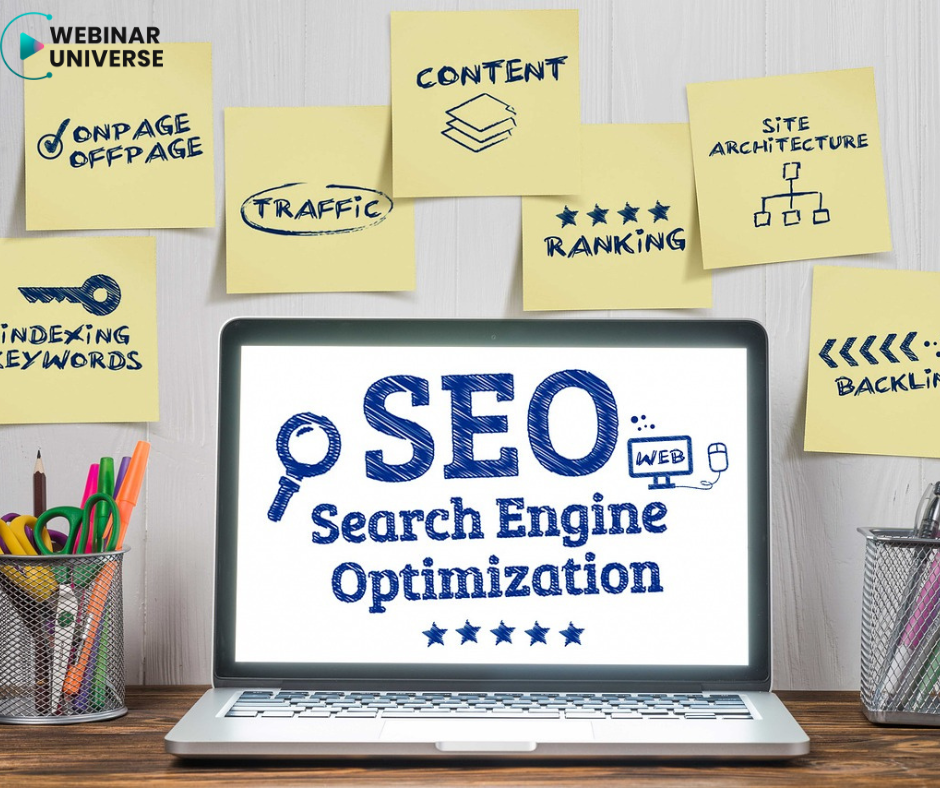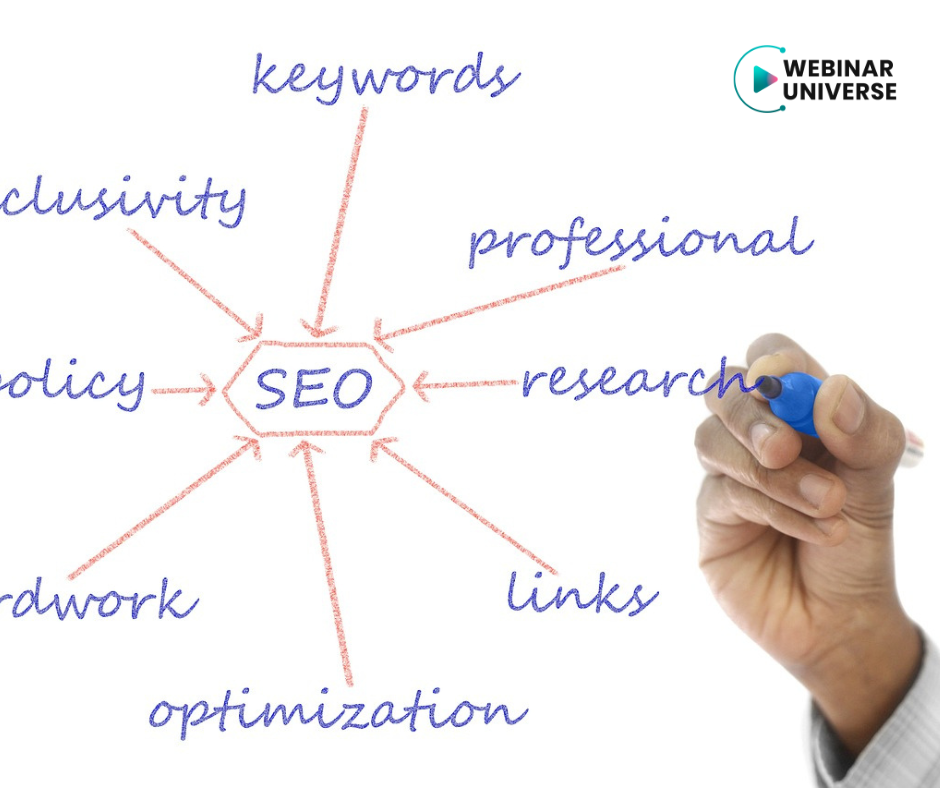Positioning - why is it important?
Website positioning has many benefits. It is important from a business and financial point of view. First and foremost, a high ranking in the search results for a given phrase makes it easier for a customer to find your website. As a result, there is a greater chance that they will make use of the offer or purchase the product or service. This makes it easier to gain customers without having to invest in paid advertising.
The most important advantage of positioning is that it increases the visibility of the website on the web. This makes potential customers more likely to trust the company. Of course, it also makes a difference whether they find answers to their questions on a particular page. It is not an art to position yourself on popular keywords. It is about choosing phrases that match the content.
It is important to remember that positioning is not a short process. The effects of actions taken are not visible immediately after their implementation, but only after some time. However, it is worth waiting, being patient and regular, as the results will be great.
Want to know more? Online learning is a great option if you are looking for additional information. Webinar Universe's platform organises online courses on many topics. See if you can find something for you.

Positioning through links - link building
Link building is a process that is part of SEO. It has a very important function. It consists of acquiring links, i.e. links from other sites to the website being positioned. In the past, it was the number of links that mattered, but for some time now it is the quality of the links that counts more. Moreover, links from websites with a poor reputation may even result in a penalty from Google, so it is worth bearing this in mind.
What is the significance of link building for SEO? It is a kind of referral system for a website. For Google's algorithm, such links are of great importance - if they are of high quality, of course. If there are a lot of links directing to the site from other sites with a good reputation, this is a signal that the site is reliable and valuable. If the traffic comes from sites with a high ranking in Google, it is a sign that the site is recommended. In SEO, there are two types of links. The first is internal links. This is a network of links on the site, they direct to different places on the site. They are primarily intended to help the user, as well as Google's robots, navigate the site. Internal redirects also make the reader spend more time on the site, and this is also beneficial, both from an SEO and business point of view.
The second type of links are external links. These, in turn, are links from outside, i.e. from other sites, directing to the positioned site. They can be divided into two categories: natural links and unnatural links.
Natural links are links which internet users insert, e.g. by recommending content from the website or products. It is a good idea if such comments contain the honest opinion and arguments of a satisfied user. In order to be relevant to SEO efforts, such a link should have the nofollow attribute. It tells indexing robots not to follow the redirect.
Unnatural links are nothing more than advertising. In extreme cases, it takes the form of spam. They can be found on forums in the form of posts intrusively encouraging people to visit the site, but without any natural commentary or honest opinion. Another example is a series of links with the same anchor, i.e. the content of the link that redirects to the site. These are spammy activities, for which there is a penalty from Google.
Choice of linking ... what to look for?
With the right linking, the position of a page in search results becomes higher. Statistics say that the more quality links, i.e. directing to the page from reliable and trusted sources, the better the position in Google. However, for this to happen, you need to create linking with your head.
Firstly, links should not be spammy and secondly, there should be a balance between nofollow and dofollow links. Of course, it is also important to include links to other sites. Otherwise, it will just become a recommendation-taking site, and this could be considered unnatural and do more harm than good.
So how do you choose your links? They need to be properly verified. Firstly, the trust of the site should be checked. The easiest way to do this is through dedicated tools such as Trust Flow in Majestic or URL Rating in Ahrefs. This indicator reveals how high a site's reputation is based on the links pointing to it. It is best to choose sites whose Trust Flow indicator is as high as possible.
Popularity and traffic are other elements to check. Obviously, the more users visit the site from which the link is to come and the more time they spend on it, the better. Topical links also matter. It is best to acquire links from platforms that are in some way thematically related to the page being positioned. Linking from a variety of unrelated industries and fields can be perceived by Google as artificial, and from there it's not far to a penalty. Are you interested in this topic? Learn more in online courses on an online learning platform. Check out Webinar Universe. User reviews point to the high quality and variety of material.
Link building
How do you acquire links? There are several sources. One of the most effective is a sponsored article. Posting a high-value text, with a link, on a trusted website can have a significant impact on a website's position in Google. What's more, it can also encourage potential customers to use the company's services.
Another way to gain links is to set up a blog to complement your business. The blog should contain valuable content that offers advice to readers and is as useful to them as possible. The content can include links directing to the positioned website. Such a blog can also be referred to as SEO backlinks. However, it should be remembered that this method, although effective, is also time-consuming. It requires regular creation of new content.
Links can also be gained by sharing knowledge. This is a little different to sponsored articles. Guest texts or interviews are mainly intended to advertise a business and create an image as an expert.
Buying links in so-called directories, on the other hand, is not recommended. This used to be popular, but today links from such sites are of little value.

Too much is ... not efficient
It might seem that the more links, the better. This is not quite how it works. What matters to Google more than the number of links is their quality. Therefore, it is worthwhile, first and foremost, to obtain links from trusted, reliable sites, and avoid those of poor quality. The poor reputation of the platform from which the link originates has a bad influence on the page to which it leads.
What else should I bear in mind in order not to expose myself to a penalty? Sometimes links appear that are out of your control. This may be the work of unfair competition or simply someone with a poor reputation linking to your site. Therefore, it is worthwhile to regularly check which links lead to the positioned page. It is best to analyse this using tools such as Ahrefs, Majestic or Google Search Console. If links of questionable quality appear, it is best to remove them using, for example, the Webmaster Disavov Tool.
The ratio of dofollow to nofollow links should also be controlled. The dofollow attribute makes robots automatically go to the linked page. If the linked site is of high quality, the positioned page will also benefit. If the opposite is true, however, the link can only do harm. The nofollow attribute, on the other hand, does not convey any value or trust to the originating site, but still generates traffic to the site. It is therefore best to strike a balance between nofollow and dofollow.
It is also not worth spamming links. At best, links from untrusted or off-topic sites will not affect the position in any way. However, it may happen that Google will penalise the site and its results will drop significantly. A ban may also occur.
Link building is important in the SEO process. Links from trusted sites can strongly influence a website's ranking in Google. However, in order not to damage yourself, it is important to carry out your activities with care and to ensure the quality of your links.
